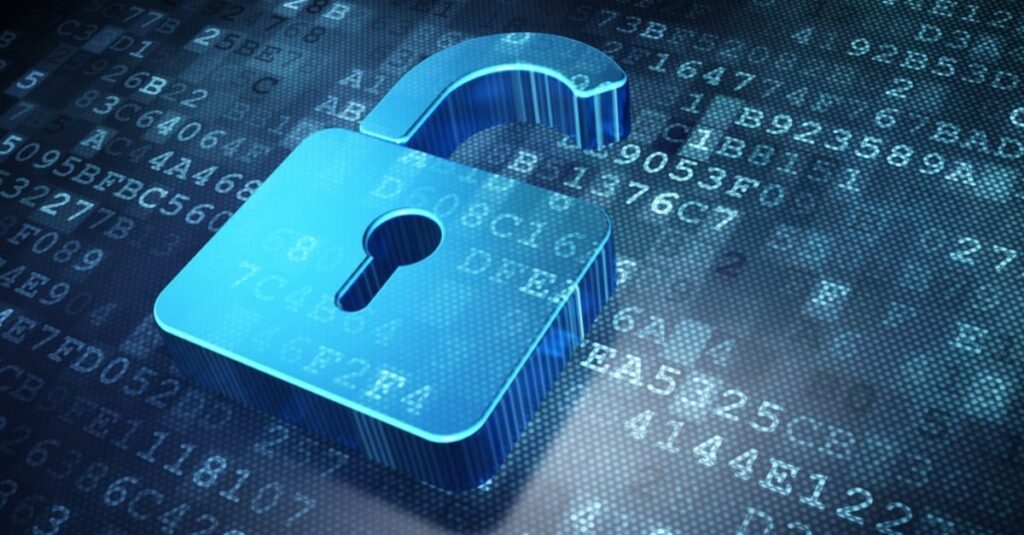In today’s digital age, securing your local server is more crucial than ever. With cyber threats becoming increasingly sophisticated, it is imperative to understand the importance of securing your local environment. One critical aspect of this security involves understanding and utilizing local loopback addresses, such as 127.0.0.1:62893. This article will delve into the significance of 127.0.0.1:62893 and provide comprehensive insights on how to secure your local server effectively.
Understanding 127.0.0.1:62893
What is 127.0.0.1?
The IP address 127.0.0.1 is widely recognized as the localhost or loopback address. It is used by a computer to refer to itself, facilitating the testing of network applications without the need for an actual network connection. This address plays a pivotal role in both development and troubleshooting endeavors.
The Role of Port 62893
Ports are indispensable for enabling seamless communication among devices over a network. Port 62893, in this context, is an arbitrary port number chosen for the purpose of this discussion. It represents a specific channel through which network services communicate. Understanding the role and securing this port is vital for maintaining the integrity of your local server.
Importance of Securing 127.0.0.1:62893
Preventing Unauthorized Access
Securing 127.0.0.1:62893 is crucial primarily to thwart unauthorized access attempts. Although the localhost address is inherently secure since it does not expose your server to external networks, misconfigurations or vulnerabilities in the applications using this port could still be exploited by malicious actors.
Protecting Sensitive Data
Local servers often handle sensitive data during development and testing. Ensuring that 127.0.0.1:62893 is secure helps protect this data from being accessed or intercepted by unauthorized entities. This is particularly crucial when handling proprietary information or user data.
Maintaining System Integrity
A compromised local server can lead to broader system vulnerabilities. By securing 127.0.0.1:62893, you help maintain the overall integrity of your system, preventing potential exploits that could compromise other parts of your network or applications.

Steps to Secure 127.0.0.1:62893
Implementing Firewall Rules
An initial step towards enhancing the security of your local server involves the implementation of strong firewall regulations. Configure your firewall settings to exclusively permit essential traffic directed towards 127.0.0.1:62893. This measure serves to effectively thwart any unauthorized efforts to gain access to the specified port.
Using Secure Authentication
Ensure that any applications or services communicating over 127.0.0.1:62893 use secure authentication methods. This might include strong passwords, two-factor authentication, or other identity verification techniques to ensure only authorized users can access the port.
Regularly Updating Software
Maintaining current software is crucial for ensuring security. Regularly update all applications, services, and operating systems that interact with 127.0.0.1:62893 to patch any vulnerabilities and ensure you are protected against the latest threats.
Encrypting Data Traffic
Although 127.0.0.1 is a local address, encrypting data traffic can add an additional layer of security. Utilize protocols such as SSL/TLS to encode the data sent through port 62893, guaranteeing that if intercepted, the data remains unintelligible to unauthorized parties.
Best Practices for Local Server Security
Conducting Regular Security Audits
Regularly conducting security audits is crucial for detecting and addressing potential vulnerabilities effectively. Conduct thorough audits of your local server environment, including 127.0.0.1:62893, to ensure all security measures are effective and up to date.
Monitoring Server Logs
Monitoring server logs can provide insights into unusual activity or potential security breaches. Set up logging for any activity on 127.0.0.1:62893 and review these logs regularly to detect and respond to any suspicious behavior.
Limiting Access Privileges
Restrict access privileges to individuals who require it. Ensure that only authorized personnel or applications have access to 127.0.0.1:62893, reducing the risk of accidental or intentional security breaches.
Implementing Security Patches Promptly
When security patches are released, implement them promptly. Delaying the application of patches can leave your server vulnerable to exploits. This is especially crucial for any software interacting with 127.0.0.1:62893.
Case Studies: The Impact of Insecure Local Servers
Case Study 1: The Consequences of Neglect
In one notable case, a development team neglected to secure their local server, including port 62893. This oversight led to unauthorized access, resulting in the exposure of sensitive project data. The breach caused significant delays and financial losses for the company.
Case Study 2: Successful Mitigation Through Proactive Measures
Conversely, another organization implemented stringent security measures for their local server, including securing 127.0.0.1:62893. Regular updates, strong authentication, and encryption helped prevent unauthorized access and protected sensitive data, demonstrating the effectiveness of proactive security practices.
Future Trends in Local Server Security
Increasing Importance of Localhost Security
As cyber threats evolve, the importance of securing localhost addresses like 127.0.0.1:62893 will continue to grow. Developers and IT professionals need to stay alert and proactive when it comes to implementing security protocols.
Adoption of Advanced Security Technologies
Future trends are expected to encompass the adoption of increasingly sophisticated security technologies, including AI-driven systems for threat detection and response. These technologies possess the capability to effectively identify and mitigate potential threats that may target local servers.
Emphasis on Security Education and Training
Ongoing education and training in cybersecurity best practices will be crucial. Ensuring that all team members understand the importance of securing local servers and how to do so will help maintain robust security postures.
Conclusion
Securing your local server, particularly the localhost address 127.0.0.1:62893, is a fundamental aspect of maintaining a secure development and testing environment. By implementing firewall rules, using secure authentication, regularly updating software, encrypting data traffic, and following best practices, you can protect your local server from unauthorized access and potential breaches. As cyber threats continue to evolve, staying informed and proactive in your security measures will be essential to safeguarding your digital assets.


